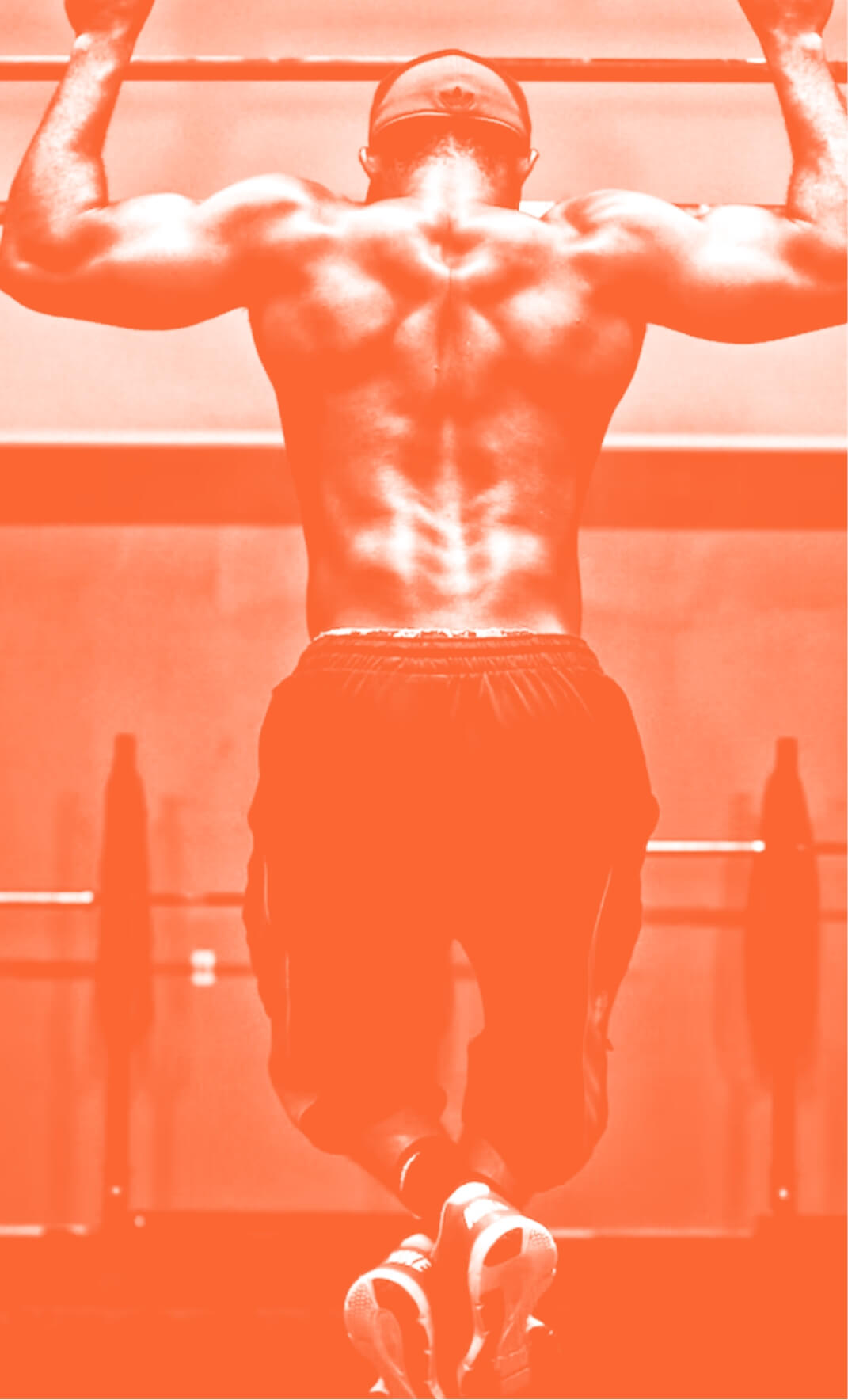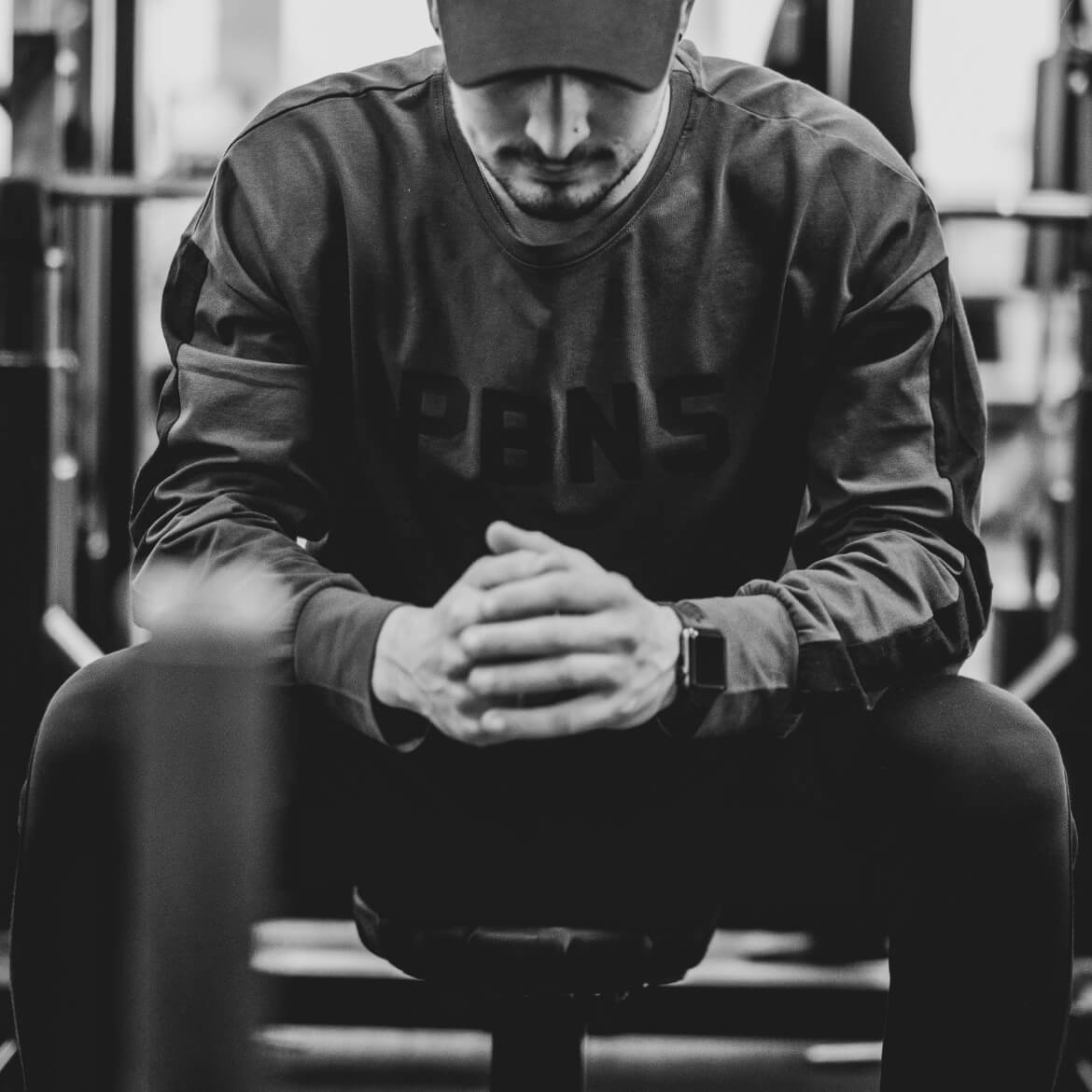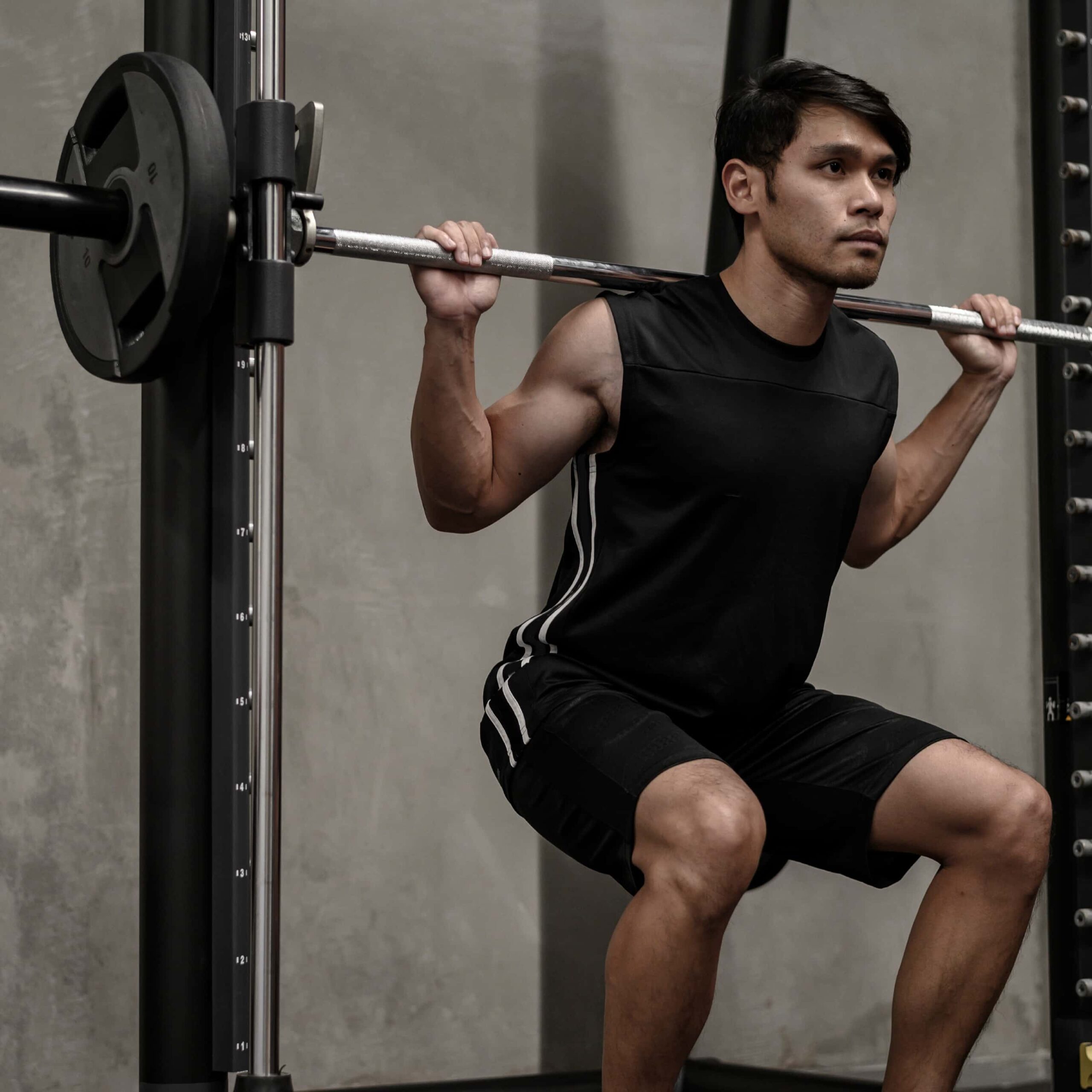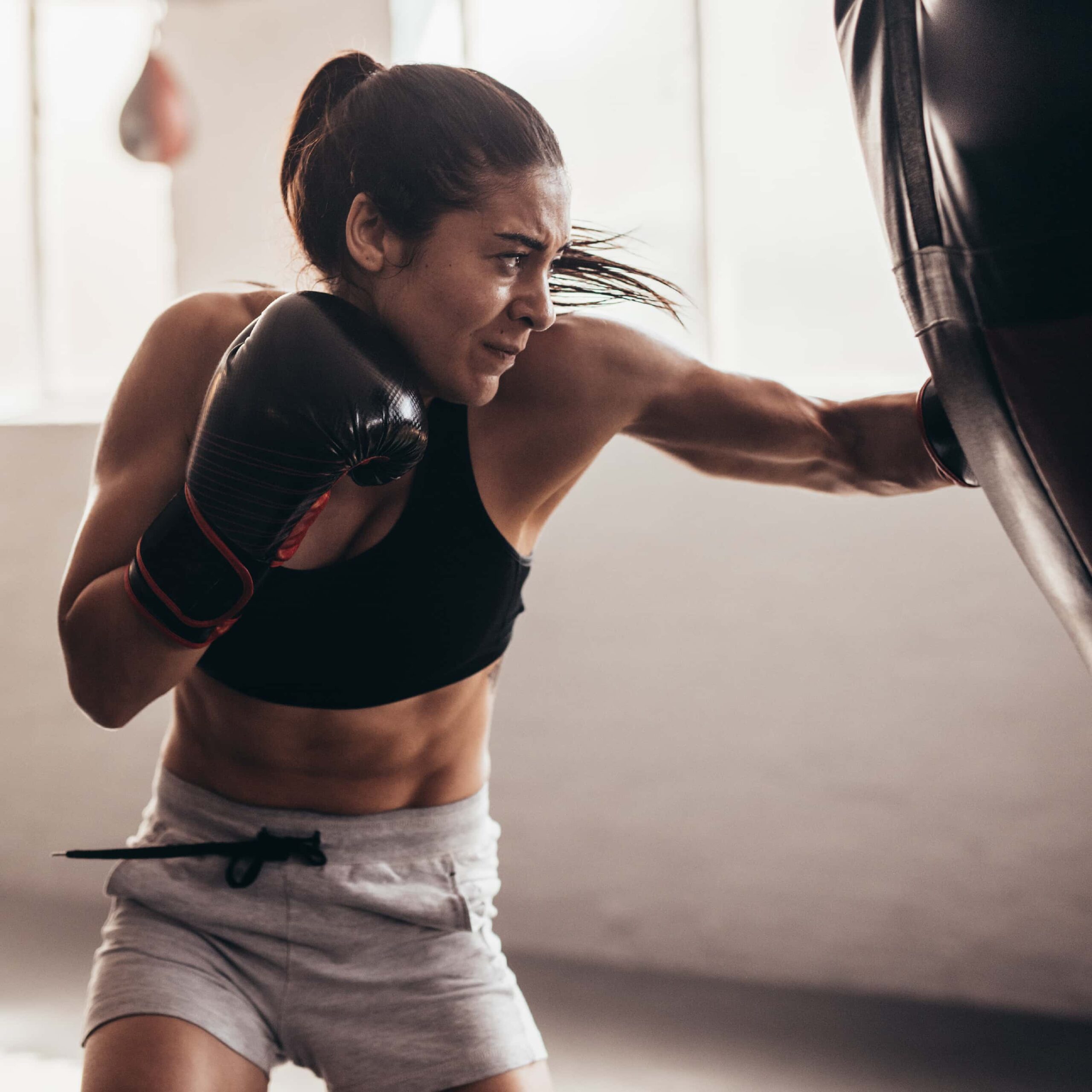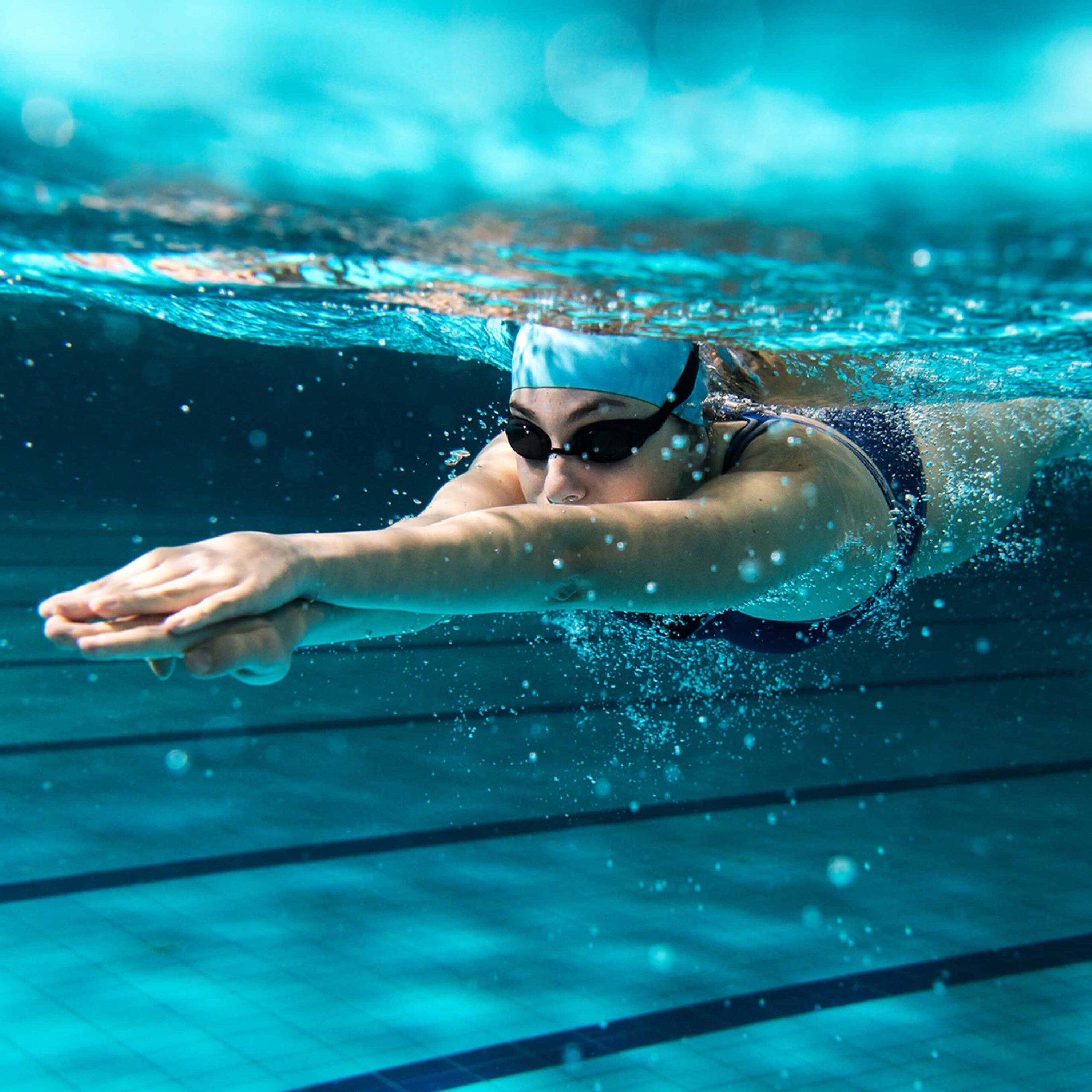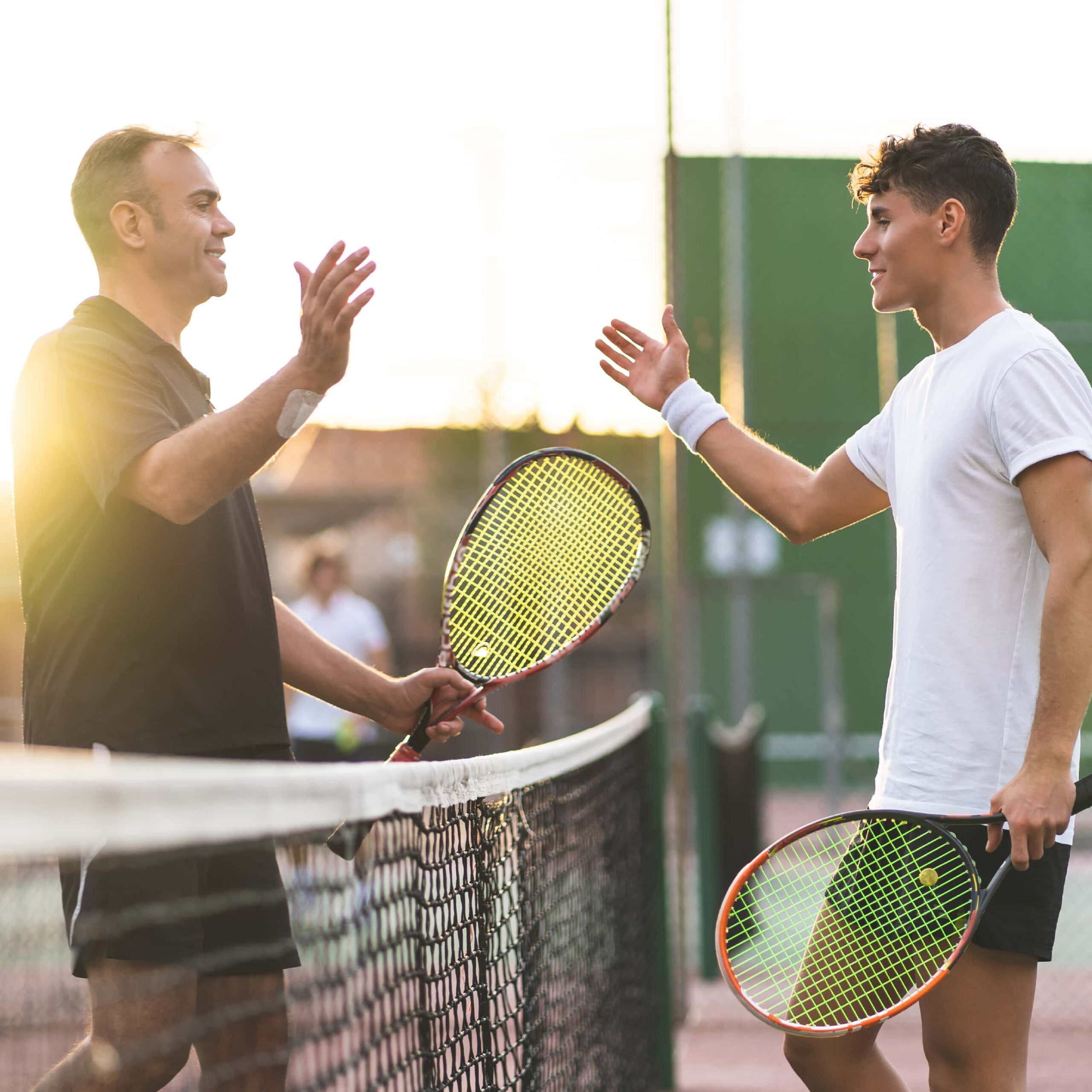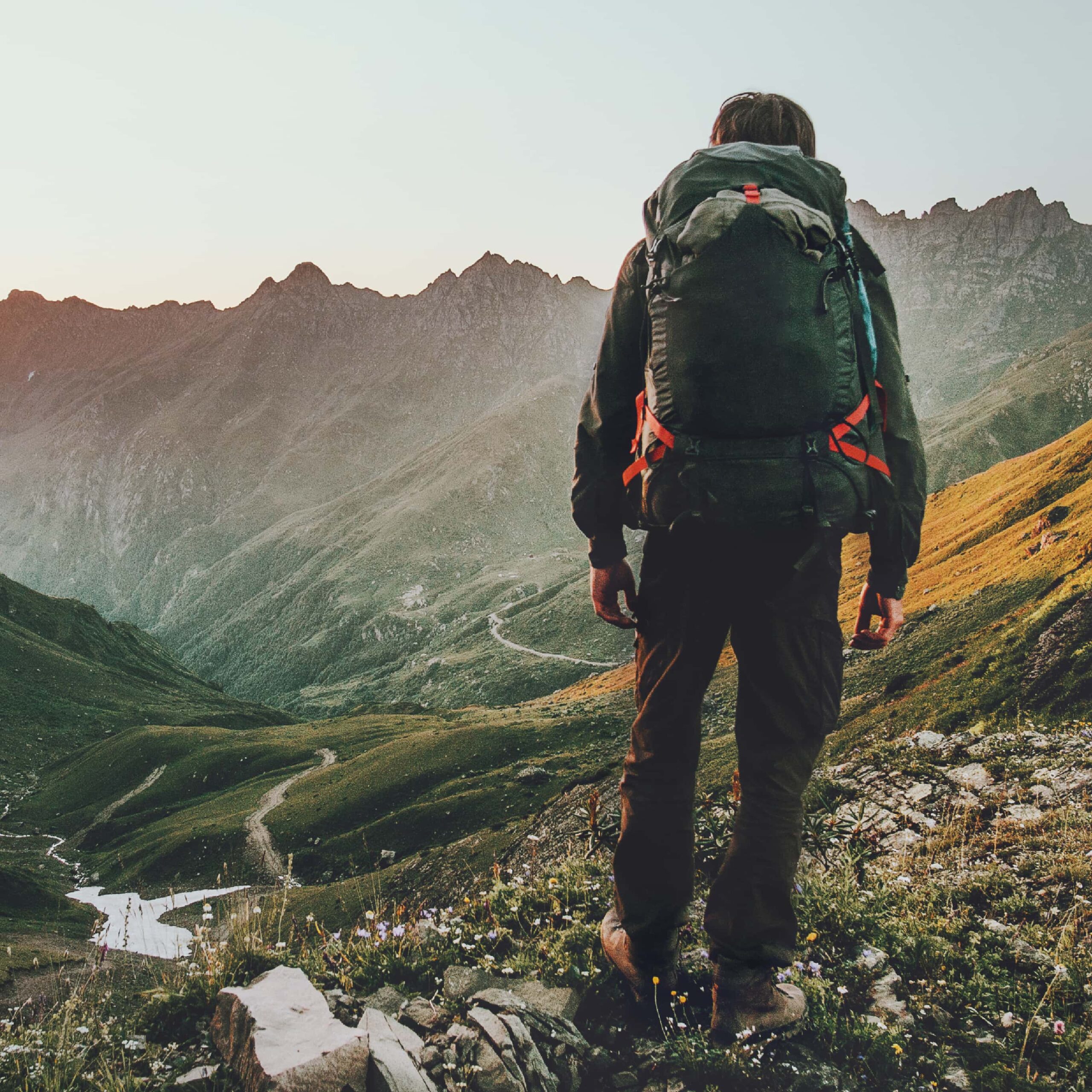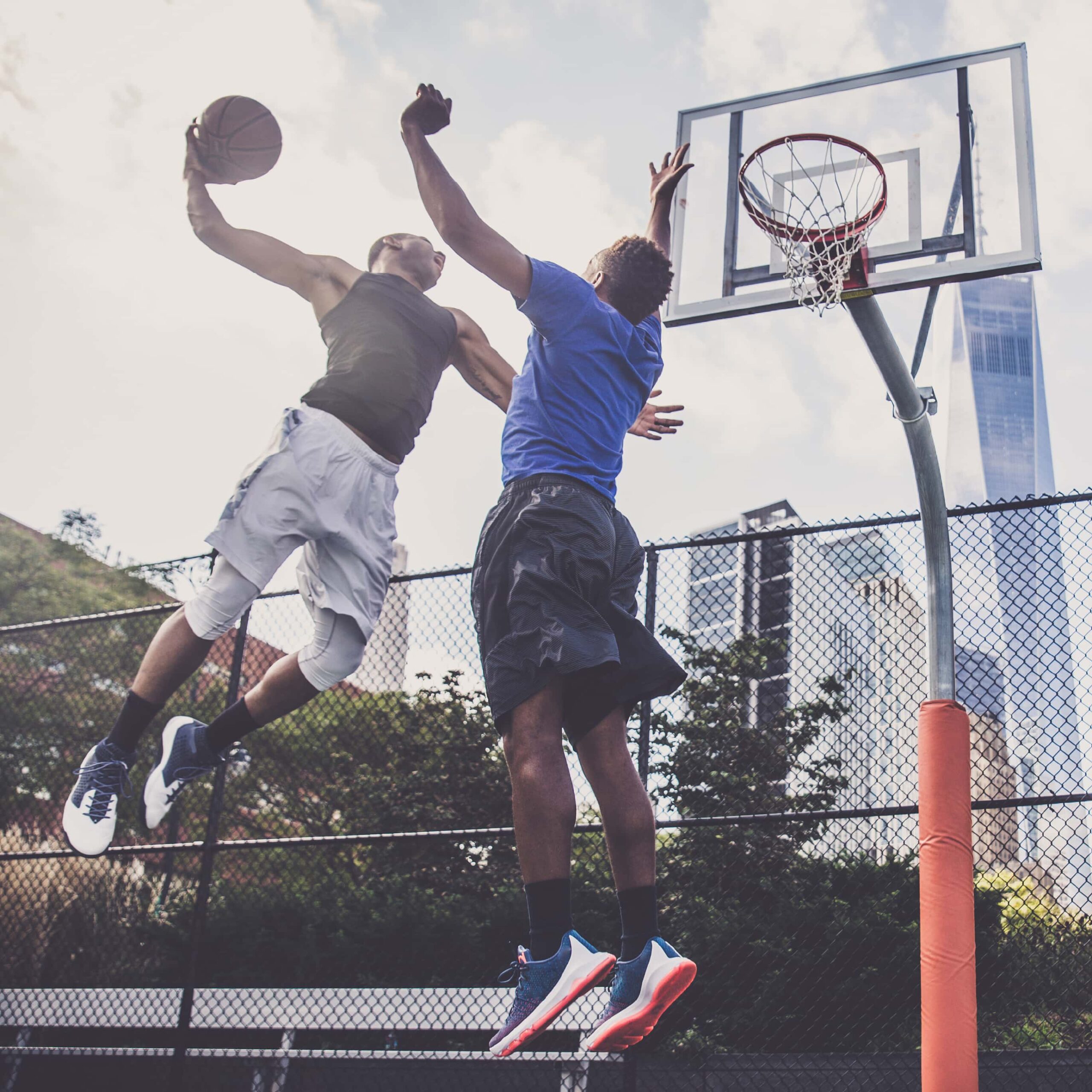How to Be a Good Gym Spotter
19th Jul 19

Chances are, if you’re into your fitness, have ever been to the gym, or even seen weight lifting in films or on TV; you’ll have seen a spotter before. It’s the person helping the lifter to move the weight. They’re usually stood in the background shouting at their workout buddy to motivate them and train together, but being a good spotter is much more than that.
Want to move fast? Jump to the right section below.
- What Is A Gym Spotter?
- Why Do You Need One?
- What Do You Do If You’re A Gym Spotter?
- What Good Gym Spotters Don’t Do
What Is A Gym Spotter?

So, what does a gym spotter do? Essentially, a spotter needs to be the person that you’re training with, whether it be for one exercise or a whole workout. They help you to keep on exercising safely more than anything else. That’s the barebones definition; someone who helps you to exercise safely. They can watch your form or make sure you don’t drop the weight and injure yourself. Either way, that’s a spotter. (And one of the best ways to prevent common injuries)
Why Do You Need One?
It might seem a little obvious if you think about it, but a gym spotter can be vital in many cases. If you’re new to weight training or trying new things, even new personal bests, it’s a good idea to have one. Injuries in training are not uncommon, and neither is bad technique. A good gym spotter will help eradicate these problems. In addition, injuries can take you out of your training altogether if you aren’t careful, so they’re a good idea.
What Do You Do If You’re A Gym Spotter?

If you’re someone’s spotter, there are a few things that you need to know before you try and help your partner train. After all, it can even be counter-productive or dangerous if you don’t know what you’re doing.
Support Big Lifts
First and foremost, a gym spotter will help you with your lifting. Whether you’re doing a squat, trying for a personal best or a dumbbell shoulder press, it’s always a good idea to have a spotter. You must stand where you need to be, usually behind or above the lifter, and help guide the weight. You don’t need to step in unless you see something going wrong. Then, use your own strength to put it right and get the lifter into a safe place. It’s the only way to avoid a severe injury a lot of the time.
Critique & Improve Performance

Outside of using your strength to help them out of a pickle, you must also use your head. Watch what they’re doing and point out any issues. If they aren’t performing their exercise correctly, as a good spotter, you need to say so. It’s what’s best for them in the long run and will again prevent injuries where possible. There’s not much point in doing an exercise wrong.
Rack The Weight
This might not be the first thing that comes to mind when you think about being a spotter in a gym or at home, but it’s still something you should do as good practice. Doing a big lift like a squat or a bench press can often mean that you’re so focused it can be hard to find the rack to return it to. You should be there to help guide them to the rails and ensure they can offload the weight or equipment safely.
Change The Weight
This one is more of a time saver and a generally nice thing to do rather than a spotter essential. But still, you should be taking your spotter duties seriously, after all. It’s always nice if you help your partner out wherever you can. Help them change the weight if they need it. It’s a pretty easy job; they’ll probably return the favour. It’s a huge time saver!
Motivate
Last but by absolutely no means least, a massive fundamental of being a good training buddy in general, especially a spotter at the gym or home, is to help motivate the lifter. Don’t scream at them like you’re taking them through boot camp; give encouragement. Help them reach the point they need to be at in a way that works for you both. You’ll progress much faster if you can push your limits, and having a spotter is the best time for you to try and do so safely and securely.
What Good Gym Spotters Don’t Do
So you know what you need to be doing to be the best spotter that you can be, but just before you go and help your buddy make a new personal best, take a quick look here at what not to do:
- Don’t jump in too early
- Don’t interfere
- Don’t be unnecessarily harsh
- Don’t lose attention
- Don’t distract them
That’s about it. Try your best and help each other as much as you can. Safety is paramount in your training when you’re trying new things. That’s the best way to make progress and get the most from the social side of exercising.
If you’re having trouble with a spotter or aren’t confident to start, try exercises in a power rack or smith machine to use the equipment for added support. Whatever you do, do it safely.

Before beginning any exercise or nutrition program, consult your physician, doctor or other professional. This is especially important for individuals over the age of 35 or persons with pre-existing health problems. Exercise.co.uk assumes no responsibility for personal injury or property damage sustained using our advice.
If you experience dizziness, nausea, chest pain, or any other abnormal symptoms, stop the workout at once and consult a physician or doctor immediately.

